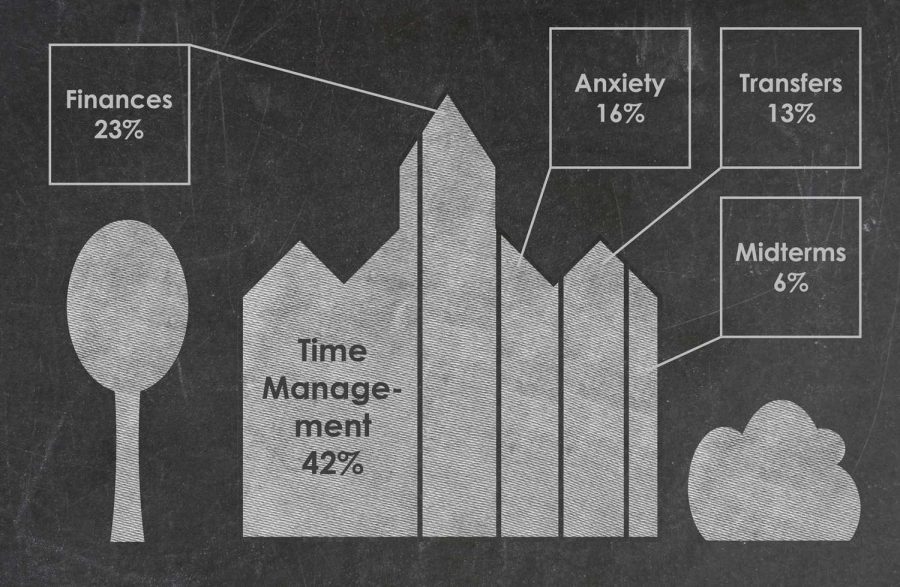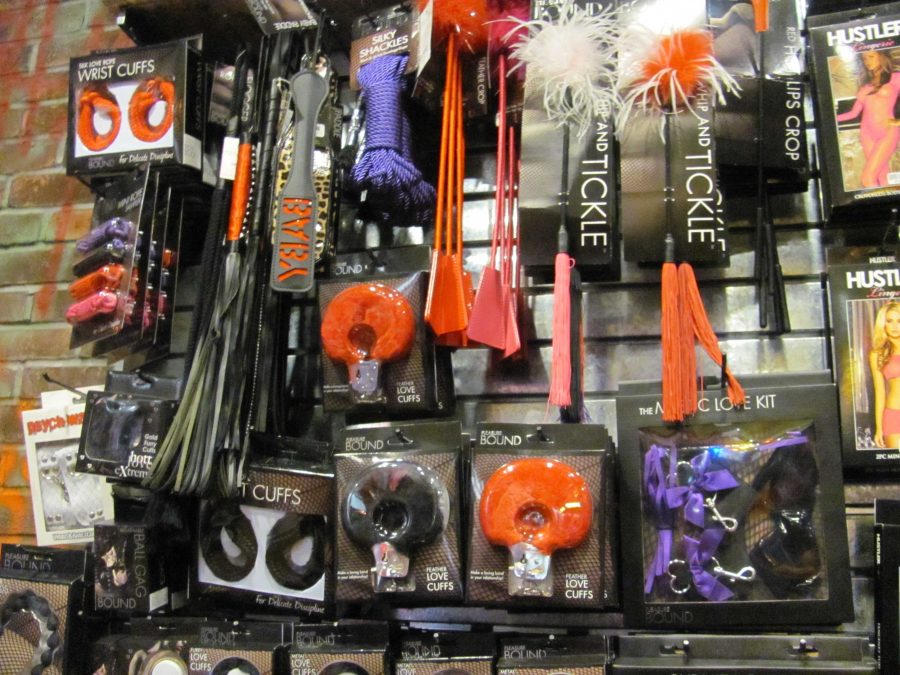Not since the Furby have I seen such a ridiculous fad in my lifetime.
The latest social networking phenomenon, Twitter, has not so much invaded the lifestyle of young people, but more disturbingly, that of the media.
A while back, I decided to test drive this new machine.
For those unfamiliar, Twitter is a tool in which users post what they are doing at any given moment, whether from a cell phone or a computer to update their “followers.”
Said “followers” have the option of receiving tweets from their friends and stalker prey in the form of text messages, essentially keeping everyone that cares, and then some, in the loop.
The role of electronic communication has increased drastically in a short period of time, making it easier to convey information to more people in less time.
How effectively can a journalist communicate ideas in 140 characters or less?
And, really, who is going to be able to pay attention to a constant stream of text messages about something going on elsewhere, while trying to live life in the “real” world?
The answer is bleak for both questions. Twitter will never replace a consolidated written news story in print or online.
Tweets can do little more than notify people of some news tidbit, a lost cause if most Twitter users receive alerts on their phones.
After the first of the text message alerts I received from Twitter, I had had enough. The term “information overload” came to mind.
On the “About Twitter” section of the site, the creators attempt to answer this question.
“Twitter solves information overload by changing expectations traditionally associated with online communication,” it said. “On the receiving end, Twitter is ambient–updates from your friends and relatives float to your phone, IM, or web site.”
The makers act as if constant cell phone updates aren’t at all intrusive; they simply “float” to my phone and cause it to vibrate loudly at all hours.
With text alerts turned off, the idea of constantly up-to-the-minute-journalism is also defeated.
A feed of tweets on someone’s Twitter feed will go ignored in lieu of more interesting updates about arriving at work or being bored in class.
Hopefully, Twitter is merely a fad to attract attention in a troubled time for the journalism industry.
Even though I received error messages for the first 30 times I tried to deactivate my experimental Twitter account, I in the end purged myself of the beast.
Communicating important ideas through Twitter is almost as futile as discussing election results and Somalian pirates with your Furby.






